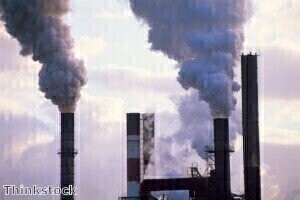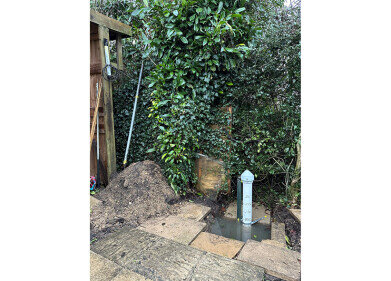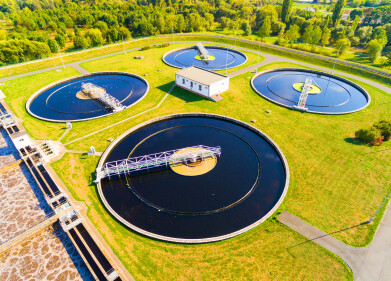Water/Wastewater
Will Better Air Quality Lead to Worse Water Quality?
Jan 31 2023
The industrial revolution of 200 years ago brought about an increase in the use of fossil fuels (coal and oil), which resulted in a progressive rise in the emission of sulfur, hydrogen chloride, and nitrogen to the atmosphere and the phenomenon of "acid rain". Since the 1970s, a series of internationally agreed emission treaties has reduced pollutant deposition and led to the reduction of the ionic strength of precipitation and water flowing through upland soils.
However, a recent study published in Science Advances shows that the improvement in air quality has led to the browning of rivers in northern Europe and North America. The progressive browning of lake and stream water in upland regions reflects an increase in the concentration of dissolved organic matter (DOM), which is produced from the decomposition of vegetation that washes into surface waters after heavy rain. The rate of decomposition is affected by temperature, so concentrations in streams often peak in late summer to early autumn.
Don Monteith, Environmental Change Network and UK Upland Waters Monitoring Network coordinator at the UK Centre for Ecology & Hydrology, led the research. The team developed a simple mathematical model to simulate how DOC concentrations varied and changed over the period 1990-2020 in eight intensively monitored headwater streams in the UK, Czechia, Norway, and Sweden. The model showed that a reduction in the ionic strength of soil water (due to the reduction in air pollutant deposition) has increased organic matter solubility, leading to the long-term changes in DOC.
The implications of changes in DOM concentrations are significant for people and the environment. Upland surface waters provide a substantial portion of public drinking water supplies in many regions, including the UK. Chlorination of water with excessive levels of DOM can result in the formation of potentially toxic by-products, and it is often necessary to remove DOM from the water using various and often expensive water treatment methods.
DOM is also a source of plant nutrients such as phosphorus and nitrogen, and increases in DOM have the potential to stimulate the growth of "nuisance algae" that can clog filters at water treatment plants and influence the taste and smell of the water. Water companies are facing mounting water treatment costs, and they need a better understanding of the processes behind the DOM increases to reduce uncertainty over future treatment costs and infrastructure needs.
The browning of water also has other ecological implications, such as a reduction in the depth and types of habitat in lakes where aquatic plants grow, potentially affecting the ability of lakes to capture and store carbon. The movement of organic matter from the land through rivers and lakes into the sea is a major part of the global carbon cycle, comparable in magnitude to the amount of carbon captured by photosynthesis by terrestrial plants.
In conclusion, the study's findings are of interest to water companies dependent on upland surface waters as sources of drinking water, global climate modellers who need to estimate rates of transfer of carbon from the land to the oceans, and aquatic ecologists concerned with impacts of long-term environmental change on upland freshwater and biodiversity. The results show that while better air quality has led to the browning of rivers, a better understanding of the issue is crucial for reducing the negative impacts on water quality and the environment.
Digital Edition
IET 34.2 March 2024
April 2024
Gas Detection - Biogas batch fermentation system for laboratory use with automatic gas analysis in real time Water/Wastewater - Upcycling sensors for sustainable nature management - Prist...
View all digital editions
Events
May 03 2024 Seoul, South Korea
May 05 2024 Seville, Spain
May 06 2024 Minneapolis, MN, USA
May 13 2024 Munich, Germany
May 15 2024 Lund, Sweden


















